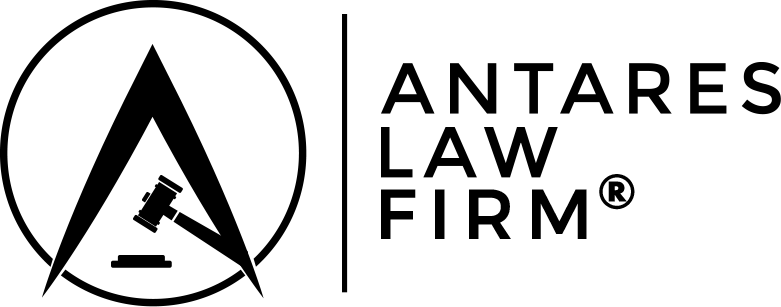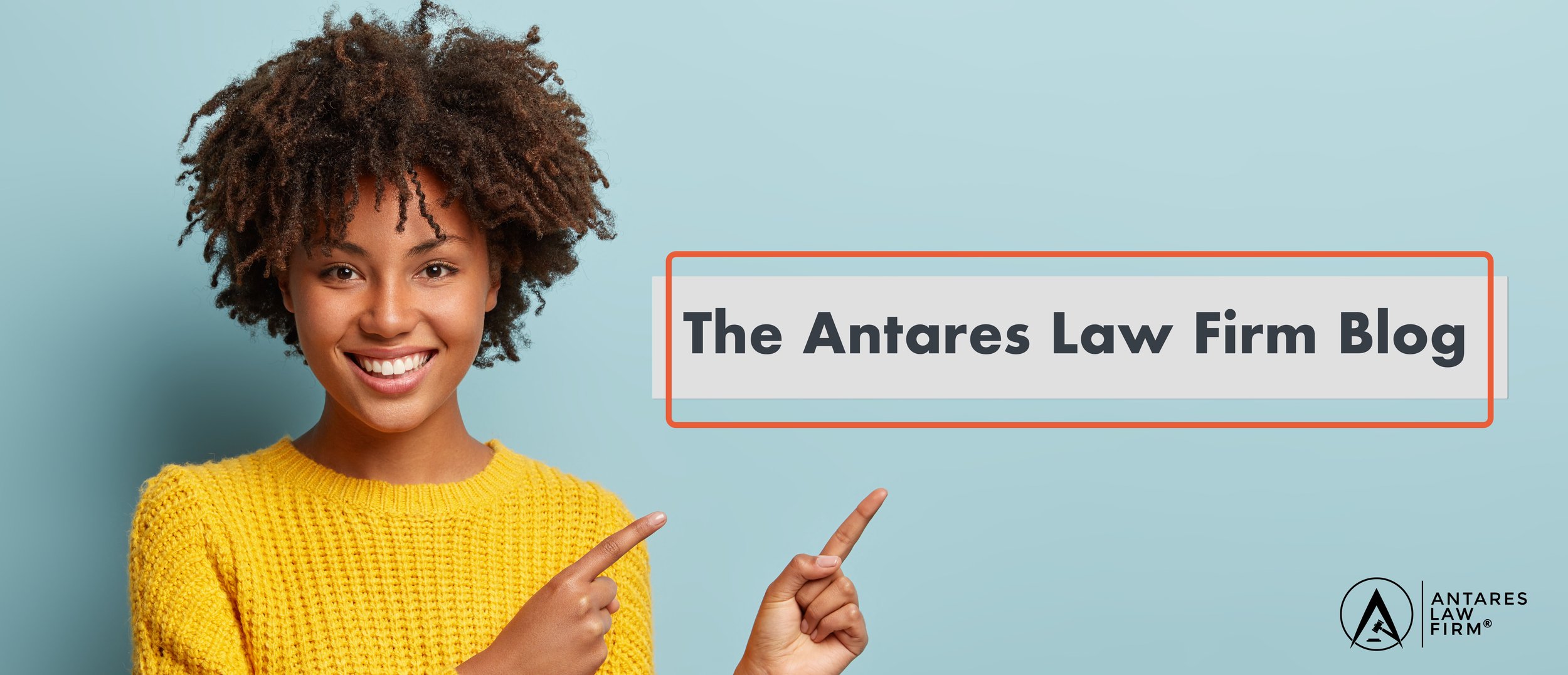What's the deal with Trademarks and NFTs?
The first-known NFT “Quantum” was created in 2014 by Kevin McCoy, a digital artist. Today we hear many news outlets speak about large corporations investing in NFTs. Forbes indicates that as of 2021, the NFTs industry is worth $41 billion dollars. Many individuals and businesses are now creating NFTs, some are buying and trading the NFTs.
What is an NFT?
An NFT is a non-fungible token. It is evidence of ownership or other rights in an asset, physical or digital, or entitlement. For example, when we purchase a vehicle, we obtain the vehicle and the certificate of title. In the world of NFTs, when purchasing a tokenized digital art, we obtain an NFT. An NFT is minted by a “smart contract” that has a token ID and metadata, including reference to an asset or entitlement. A smart contract is not a legal contract, but a computer code that creates the token, which can be programmed to pay royalty to the IP owner with each resale. Nearly everything is being tokenized these days, including art, music, movies, games, collectibles, and much more. Even entitlements such as tickets and exclusive content may be tokenized.
Trademarks and NFTs
Trademark registration secures ownership rights to an individual or a company’s branding. To register a trademark with the United States Patent and Trademark Office (USPTO), a trademark applicant needs to provide evidence that it is using the trademark. Trademark protection is available for NFTs, including word marks, logos, design marks, slogans, and motion marks in various classes, including but not limited to downloadable software, non-downloadable software, digital collectibles and games, and entertainment services. That is, NFTs can be trademarked, and the number of trademark filings for NFT brands at the USPTO is increasing rapidly.
Numerous brands are now leveraging NFTs and creating authentication systems for their physical and digital goods. Higher-end luxury brands use NFTs as a digital receipt, which issues a serial number using NFTs to provide authentication for their physical goods. An NFT creator can protect its NFT collection through trademark registration, if it produces a collection or series and not simply an individual NFT. To protect an original work of art, a single NFT, an NFT creator or minter, can file for copyright registration. Other companies use NFT packages to license, generate revenue, and increase brand awareness. For instance, musicians may license their trademark in connection with the release of exclusive digital content for consumers.
As trademark registration of NFTs grows, so do trademark infringement suits surrounding NFTs. Below are examples of two recent trademark infringement lawsuits involving NFTs.
Nike v. StockX
In February 2022, Nike sued StockX, a popular online sneaker retailer, for trademark infringement for selling Vault NFTs, a series based on Nike sneakers. StockX intended to sell NFTs tied to a physical product akin to a digital receipt. StockX hoped this would create efficient trading for sellers and buyers in the sneaker marketplace. As eight of the nine original limited edition Vault NFT series included Nike shoes, Nike filed a lawsuit claiming the Vault NFTs infringed on its trademarks and would cause consumer confusion.
In an amended complaint, Nike added counterfeiting and false advertising to the complaint. Nike indicated that it bought four pairs of counterfeit shoes on StockX’s platform from December to February of 2022. Nike questioned StockX's ability as a reseller to reliably differentiate between real or fake shoes. Nike stated that StockX affixed a “Verified Authentic” tag to each pair of counterfeit sneakers shoes and included a paper receipt in the shoe box stating that each pair of counterfeit shoes was “100% Authentic.” StockX has established itself over the years by being a trusted reseller of brand name shoes. According to StockX, each item is inspected by hand along with “AI-enhanced machine learning technology.”
The legal suit has boiled down to the question of what actually is a Vault NFT. StockX says Vault NFTs are simple digital receipts tied to a physical product, and not a virtual product or digital sneaker. Yet the problem arises when the Vault NFT and the actual shoe do not reside with the same buyer. A buyer may hold onto the physical shoe, but sell the Vault NFT to another buyer, which may make the Vault NFT a separate product and not a digital receipt.
The verdict is still out for this case. Its outcome can have far-reaching implications for how an NFT is actually defined and whether NFTs in the resale market would be considered trademark infringement.
Hermès Int'l v. Rothschild
In December 2021, French brand Hermès filed a lawsuit against Mason Rothschild, a creator and seller of MetaBirkin NFTs, which resemble Birkin bags. The Birkin bag has become a household name in high-end fashion and is often described by fashion gurus as one of the most highly coveted luxury handbags on the planet. Rothschild took to social media claiming that the First Amendment gave him the right to make and sell art that depicts the Birkin bags “just as it gave Andy Warhol the right to make and sell art depicting Campbell’s Soup cans.” Rothchild’s NFTs contained digital images of furry versions of the Birkin bags.
Hermès argued that the MetaBirkin NFTs infringed on its “BIRKIN” trademark, whereas Rothschild countered that the NFTs were artwork and therefore protected by the Roger’s test, which says the use of a name or mark for artistic purposes does not necessarily constitute infringement. The District Court judge recently issued an order denying Rothschild's motion to dismiss the case but held that the Roger’s test applied, setting the stage for future trademark litigation.
Considerations
As technology changes the way we live our lives, it changes our laws. Trademark law is no exception. NFTs provide a new frontier and opportunity for trademark registration, maintenance, and protection.
If you have questions about NFTs and trademarks, contact the Antares Law Firm today.
—Laila Ghauri, Esq., Trademark Lawyer, Antares Law Firm





